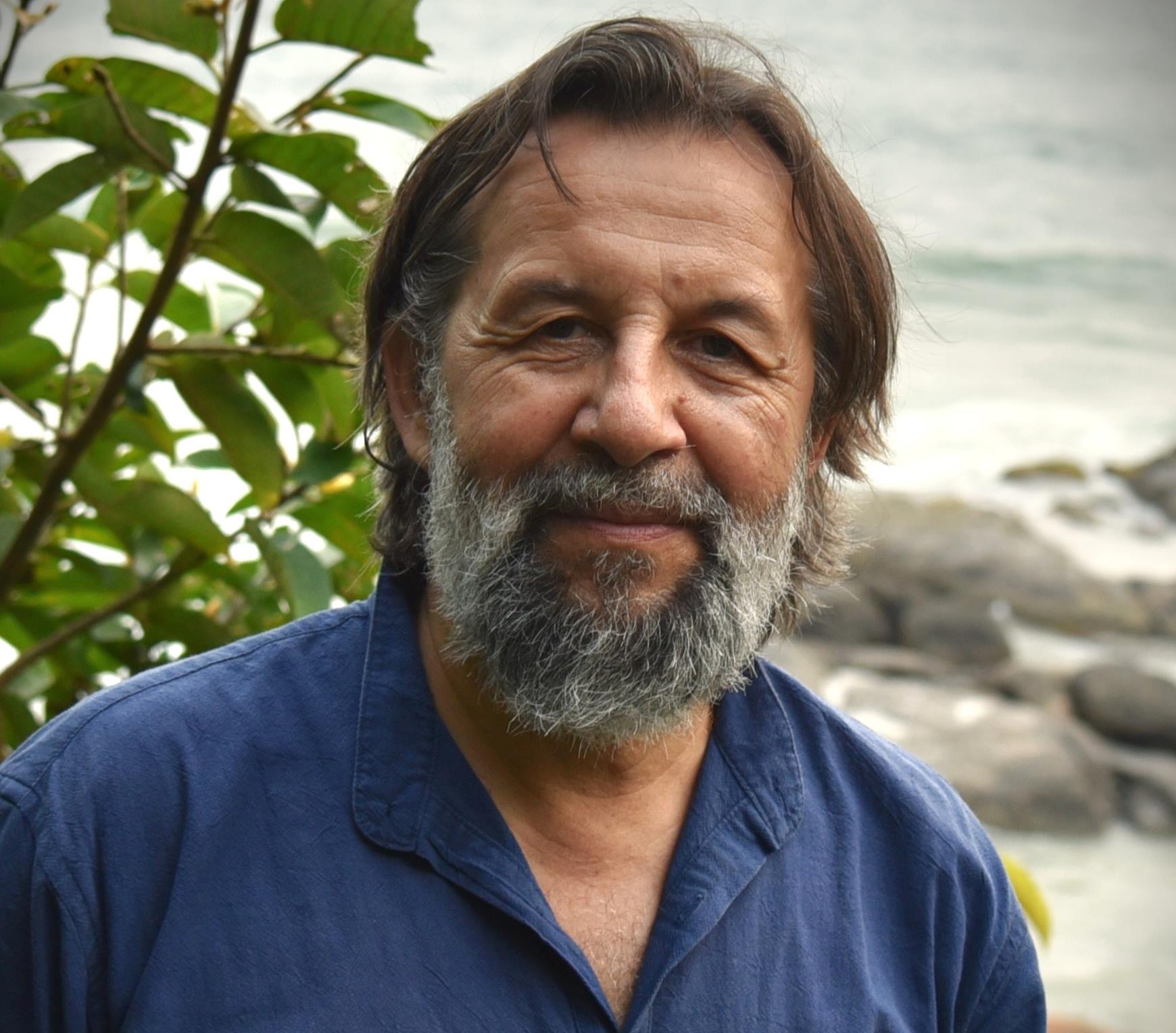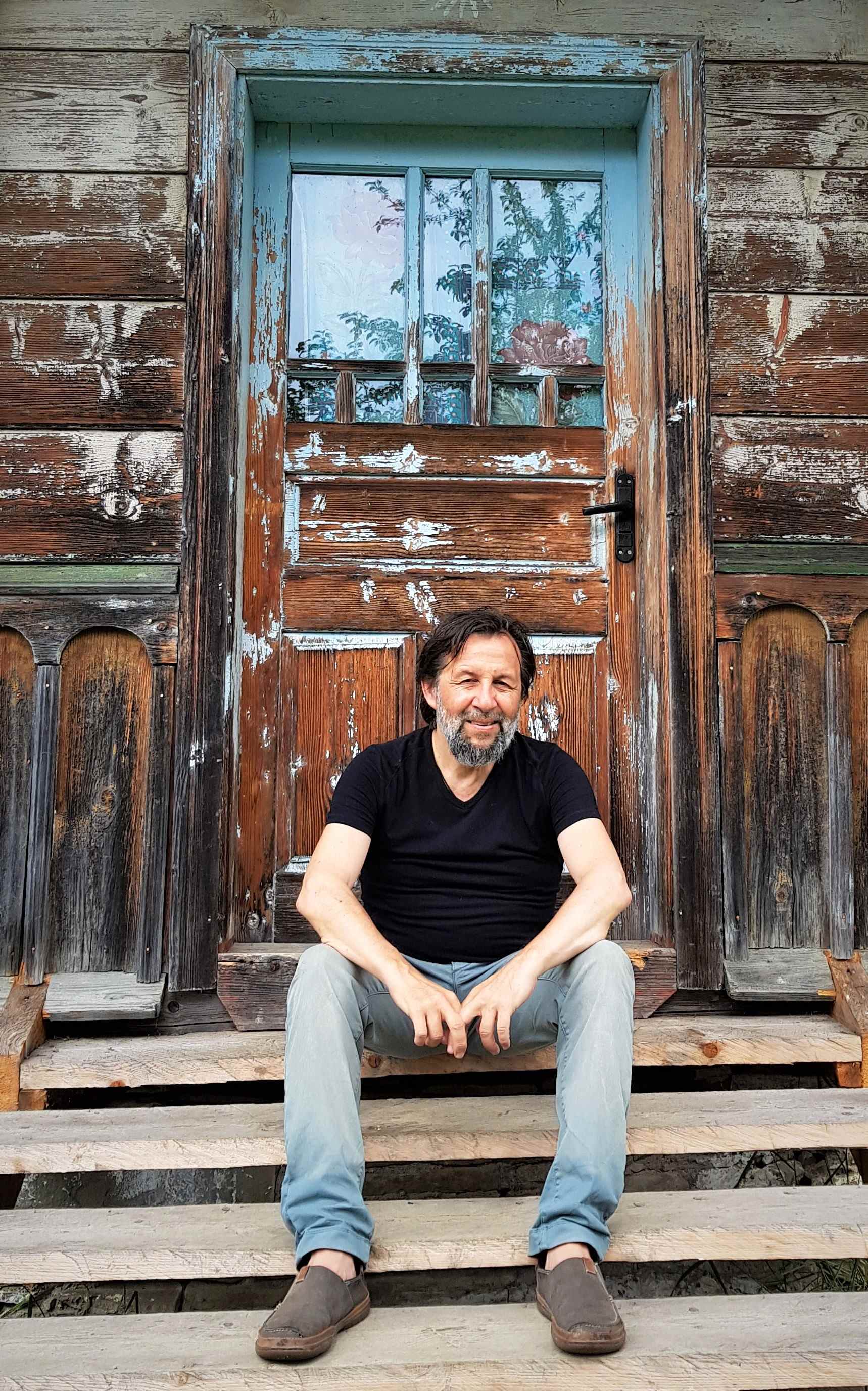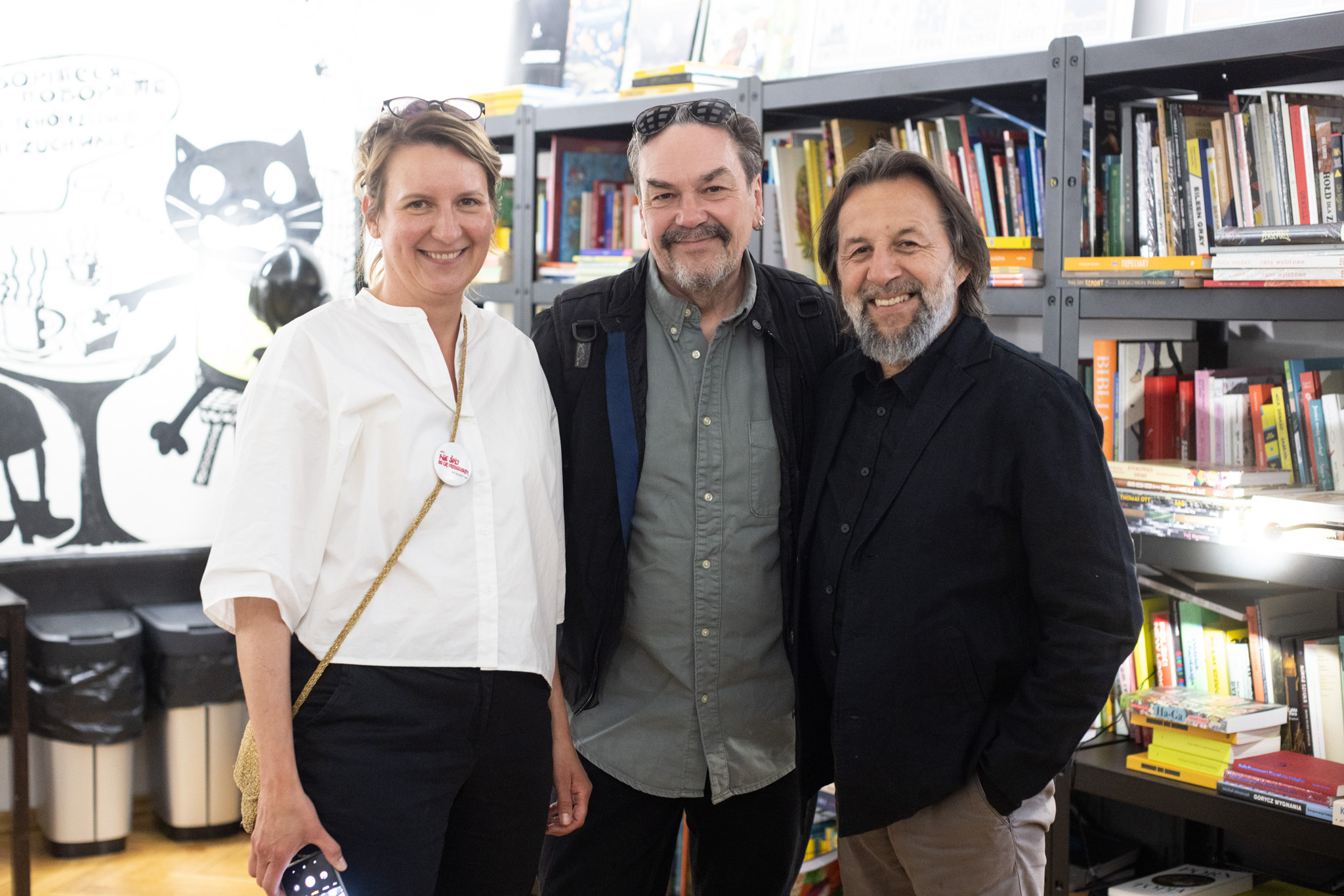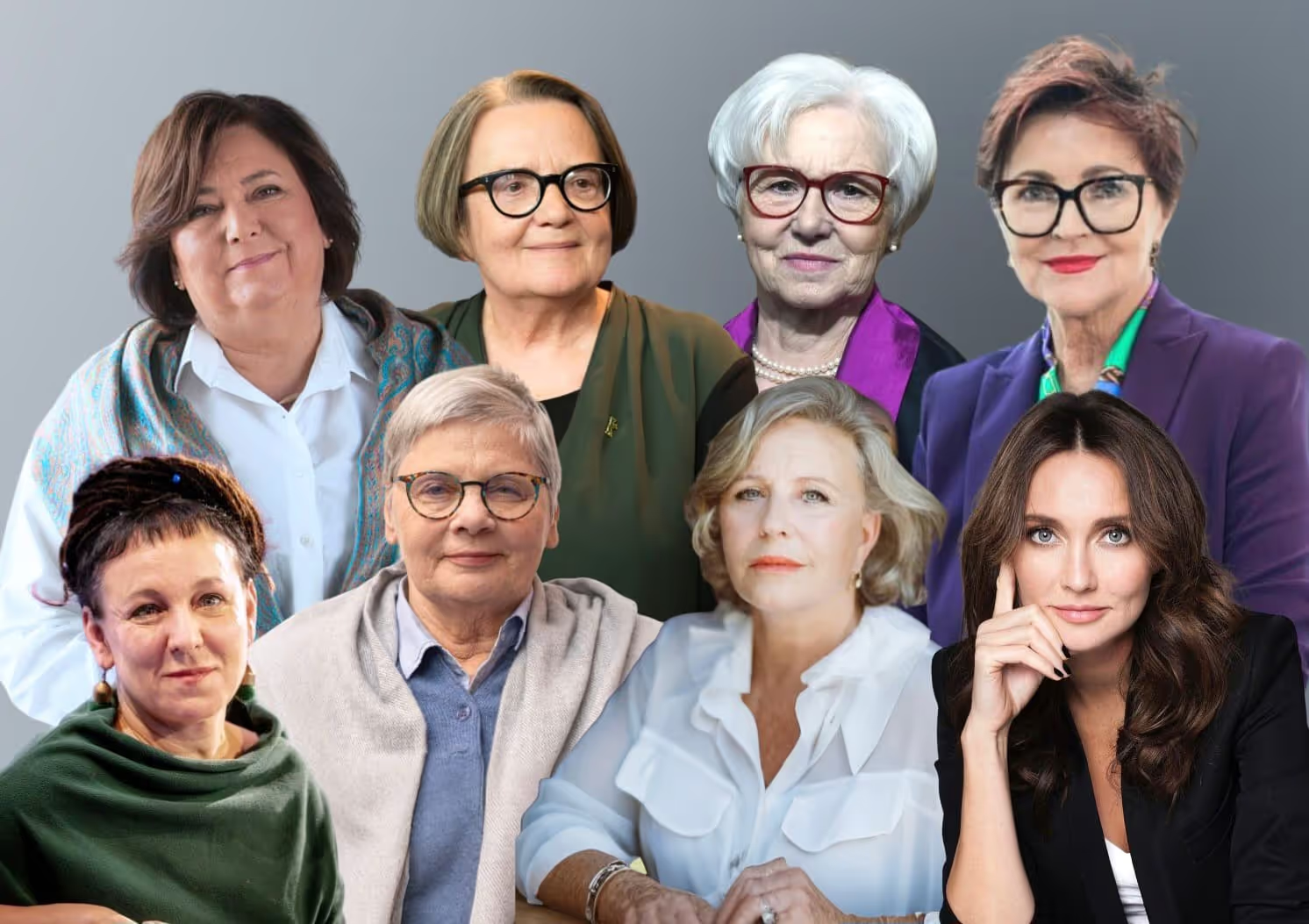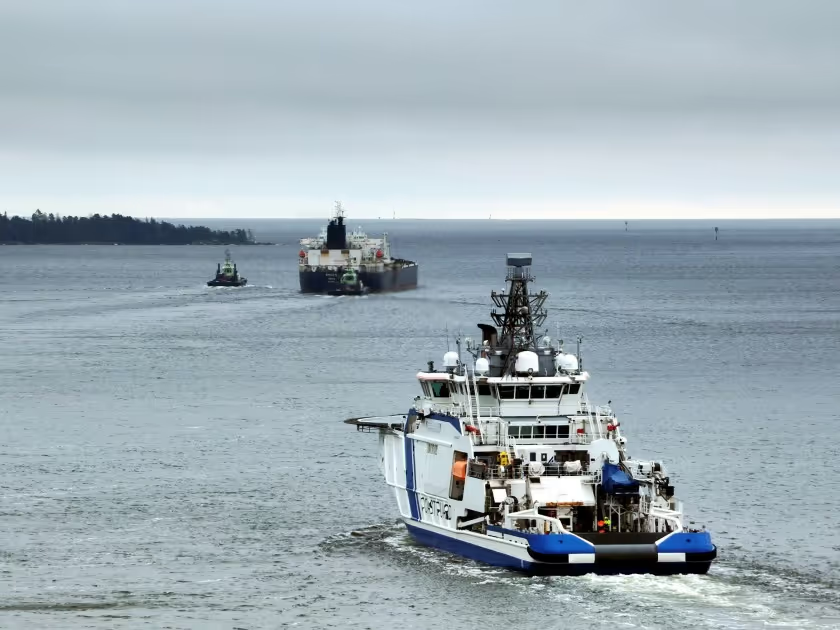Support Sestry
Even a small contribution to real journalism helps strengthen democracy. Join us, and together we will tell the world the inspiring stories of people fighting for freedom!
Kaja Puto: History shows that war is an opportunity for the emancipation of women. During the Second World War, European women began to work in industries previously dominated by men, such as railways and the military sector. Are we witnessing something similar in Ukraine today?
Liliya Faskhutdinova: Undoubtedly. Sectors where men previously dominated are now lacking workforce, and more and more women are being employed in them. This is due to the fact that many men are fighting on the frontlines, and thousands have already died there. Some have also refused to work because they are hiding from mobilisation.
You can increasingly see women behind the wheel of a bus or truck, in a mine or on a construction site. However, I would not call this emancipation. Women in Ukraine have been economically active since Soviet times, as employment was mandatory then. After the collapse of the USSR, wages became too low to survive on one income. Therefore, I see it differently: the war has made society more open to women taking on more diverse roles in the labour market.
It also works the other way around, because some men have taken up jobs in sectors dominated by women, such as education. This protects them from conscription, as teachers are considered critically important to the state and are not subject to mobilisation. Perhaps this is not the noblest motivation, but likely some of these teachers will remain in the profession after the war. This could have a positive impact on the gender balance among staff in Ukrainian schools.
And what about politics? Women play a huge role in the Ukrainian volunteer community, which supports the army and state institutions. This community enjoys public trust, which may translate into political success after the war. Are new female leaders already emerging?
Undoubtedly, after the war, new faces will appear in politics, and among them will be volunteers. However, I am not certain that they will be primarily women. Society is aware of the enormous contribution they make to volunteering - helping to raise funds for military equipment, medical supplies and so on. A certain image of the female volunteer has been entrenched in the collective imagination: an older woman weaving camouflage nets for soldiers. However, she usually remains unnamed. In my view, the most recognisable volunteers are men. They are the ones most often awarded and interviewed, and whose faces are known.
Recently, I asked my acquaintances whether they could name any female volunteers. Almost no one could. But everyone knows Serhiy Prytula or Vasyl Baidak. War or no war - it is harder for women to be recognised. Nevertheless, the trend of female activism in Ukrainian politics is on the rise. In the 2000s, women accounted for less than 10 per cent of parliamentarians, now it is over 20 per cent. This may be helped by the quotas introduced in 2019 in electoral lists. We have not had the opportunity to verify this, as no elections have taken place since the Russian invasion, except for local government elections.

Quotas were introduced to bring Ukrainian legislation closer to EU standards in the field of women's rights. Is this argument still convincing for Ukrainian society?
Yes. Ukrainians generally have an idealistic view of the West and want to be part of it. This makes it easier to promote progressive values. Tolerance towards LGBTQI+ people is growing - for many Ukrainians, it seems, precisely because they want to be Europeans. They do not want to resemble Russians, who persecute homosexuals and at the same time decriminalise domestic violence.
We have discussed positive trends that give hope for progress in the field of Ukrainian women's rights. Unfortunately, war also brings dangers in this area.
What do you mean?
There is a risk that when men return from war, they will be so revered that women will be expected to forgive them everything, to show gratitude, to bear them children, even more so than before. In the traditional image, a woman is a protectress, a caring goddess, a martyr who patiently endures all the hardships of family life.
In my parents’ generation, many women supported their husbands even if they abused alcohol. They called their decisions care and responsibility
In Poland, this is the «matka Polka», who «carries her cross». Fortunately, this model is receding into the past.
In Ukraine, it had also begun to fade. But then the war came, and everything became more complicated. Men returning from war find it difficult to reintegrate into reality. They have seen death and cruelty, many suffer from post-traumatic stress disorder, some are prone to violence.
To this are added broken bonds. Long months on the frontline mean that you often feel a stronger connection with your comrades in the trenches than with your family. After returning, this can ruin your relationship with your wife. Mistrust and jealousy arise, suspicions such as: «You cheated while I was gone». I know cases where men at the start of the war wanted their women to go abroad, but now treat them as traitors.
It is hard for me to talk about this. I am infinitely grateful to all the soldiers who are defending my country. If they behave inappropriately as a result of their experiences - I know it is not their fault. My heart breaks when I think about what they have endured.
This is the fault of Russia, which invaded your country.
Yes, it is the fault of the aggressor. But we, Ukraine, cannot allow their suffering to cause additional suffering for women and children. We all suffer, men and women, and many of us will have psychological problems for the rest of our lives.
The war will also leave its mark on future generations. The task of the Ukrainian state, as well as Ukrainian society, is to mitigate these terrible consequences
Are you not afraid that such a campaign may be perceived negatively? Already during the war, Ukrzaliznytsia introduced women-only compartments on night trains. This provoked the outrage of many men: «We are risking our lives for you, and you make us out to be predators?»
Of course, it will be met with resistance. Not only from men, but also from women, especially those whose husbands are fighting or have already returned from the front. Many problems in the army are already very difficult to talk about - gratitude to soldiers makes them taboo topics. However, if we truly want to be a European rule-of-law state, we must learn to find solutions for these uncomfortable problems.

What problems do you mean?
For example, sexual harassment in the army. I am not saying this is a widespread issue, but such cases do occur, and they must be condemned. When, at the beginning of the Russian invasion, a victim of such violence publicly shared her experience, some people responded very critically. They accused her of discrediting the Ukrainian armed forces and implied that women join the army to find a boyfriend. Fortunately, after three years of full-scale war, it has become somewhat easier to talk about problems. We no longer censor ourselves as we did at the beginning.
How can the state help veterans?
Helping veterans is one part - they need psychological support, as well as comprehensive programmes to facilitate their reintegration into civilian life. For some, it would be good to receive a grant to start their own business (such programmes already exist), while others need help with employment. We must not allow war veterans to sit idle at home. This also applies to those who became disabled on the frontlines.
However, support is also needed for families. When a soldier returns from war, they bear a huge burden. They do not know what to expect or how to respond. Moreover, I believe a campaign should be directed specifically at women along the lines of: «You have the right to leave, even if your husband is a hero». Nothing justifies living with an abuser.
Nevertheless, the position of Ukrainian servicewomen has generally improved since 2014...
Yes, absolutely. Previously, they could hardly hold combat positions. They fought on the frontlines, but were officially, for example, cooks. Today, such cases are exceptions. Ukrainian servicewomen are appreciated on a symbolic level too - Defender of Ukraine Day, celebrated on 1 October, has been renamed Defender and Defendress of Ukraine Day. The Ministry of Defence acknowledges the contribution of servicewomen to the country’s defence, and stories like «beautiful women make our service more pleasant» are, fortunately, heard less and less in the media. However, it is still difficult for women in the army to be promoted to leadership positions.
A serious problem also concerns homosexual relationships among servicewomen. They are not recognised by the Ukrainian state. When your partner is wounded or taken prisoner, you will not be informed. When she dies, you cannot see her body.
When a biological mother dies, her partner has no rights to the child. This also applies to male military personnel, except that more children are raised in lesbian partnerships
Alright, but ultimately it is men in the army who face greater discrimination - unlike women, they are forcibly conscripted. Thus, they are deprived of their right to life and health, the fundamental human right...
I often hear this narrative from foreigners. It annoys me just as much as when our defenders are told that «killing people is wrong». Of course, it is wrong, but what are we supposed to do? For those who are not confronted daily with a threat to life, it is easy to theorise and criticise our decisions, and harder to offer alternatives. Surrender to Russia? Send everyone to the frontlines? Draw lots to decide which parent ends up in the army? How will we protect children and the elderly then? Who will work to keep the economy going?

Women, unlike men, were legally allowed to leave Ukraine.
This, in turn, is a huge challenge for the Ukrainian sisterhood. Tension has arisen between the women who left and those who stayed. Some of us blame each other: «You abandoned your country in its time of need, you ran away, you betrayed us». Or: «You stayed, you are ruining your children’s lives».
This is very sad to me. I believe everyone has the right to make the decision they think is best for their family. It is a tragic choice, because every decision is wrong in some way. This tension harms Ukraine because some refugee women may not want to return home because of it. I know women who left, and their families stopped speaking to them.
And will they be accepted back?
I think that when the war ends, this tension will subside, and people will begin to live new lives. But for many refugee women, this will be a reason not to return to Ukraine.
Are you not afraid that the negative impact of the war on the rights of Ukrainian women will outweigh the positive?
I do not know. I am an optimist, I hope the positive will prevail. But I assess the chances as fifty-fifty.
How has the war changed you as a feminist?
Before the full-scale war began, I would have said that above all, I am a woman. Nothing was more important to me in terms of my identity. Today I say that I am Ukrainian. War unites nationality more than anything else. If you do not know war, you will never understand it.
<frame>Liliya «Lila» Faskhutdinova is a feminist and human rights activist with ten years of experience in civil society, anti-discrimination programmes and gender equality advocacy. She received a bachelor's degree in philology from the Sorbonne and a master's degree in human rights from the University of Padua. She has worked with Syrian refugees in Turkey, internally displaced persons in Ukraine, people living with HIV, LGBTQI+ individuals and women. She currently lives in Lviv, where she is working on a women’s empowerment project at an international humanitarian organisation.<frame>

Journalist and editor covering topics on Eastern Europe, migration and nationalism. Collaborates with Polish and international media, including Krytyka Polityczna, the reporters' association Rekolektyw and the association n-ost - Network for Reporting on Eastern Europe. Educated at the Jagiellonian University, also studied in Berlin and Tbilisi. From 2015 to 2018, she was vice-president of the publishing house Ha!art.



